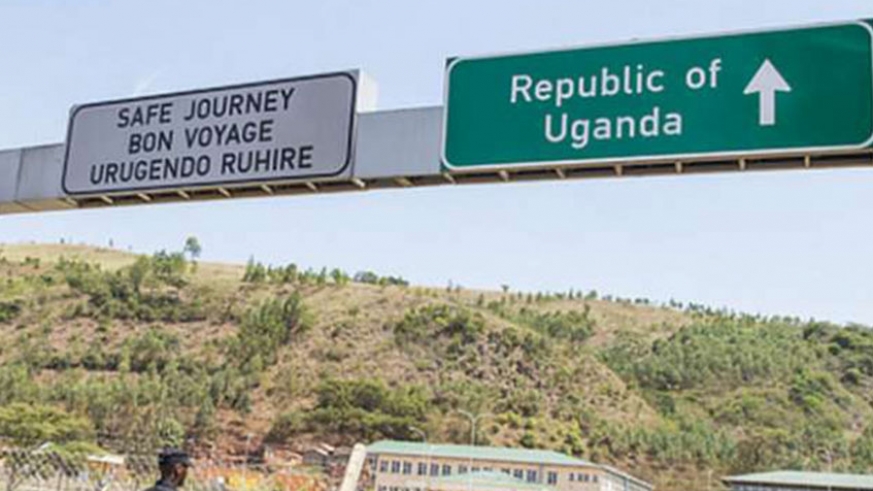

The Government of Rwanda’s decision to re-open the Gatuna border post between Rwanda and Uganda has been met with great excitement on both sides of the border, this coming after the crossing largely lay dormant for nearly three years.
The border point, which is set to become a one-stop border post once Uganda implements the necessary infrastructure upgrades on its side, is the busiest of all border crossings between the two countries.
However, it had been rendered inactive since early 2019 when Kigali issued an advisory to its citizens warning against travel to Uganda amid increased cases of harassment, arbitrary arrests and illegal detentions of Rwandan citizens in Uganda.
The decision followed a series of futile meetings and high-level talks between both sides, as ordinary Rwandans kept turning up at different border points where they had been dumped by Ugandan security operatives, many nursing torture wounds.
At the height of tensions, Rwanda also pinned Uganda on different militia groups that were planning to wage war and even carried out attacks on Rwanda, including the deadly attack on Kinigi near Uganda in which at least 15 people were killed.
For some four years or so, we have watched in dismay as innocent Rwandan victims, including women and children, were dumped at different border points by Ugandan security operatives, many with troubling tales of arbitrary arrests, kidnapping and torture.
Some victims have even died from suspected torture, either in Uganda or Rwanda shortly after they arrived.
And the illegal deportations continued as recently as last week, around the same time Rwanda was announcing the decision to reopen the Gatuna border post.
Now, with the border post back in operations (initially for cargo movement and other essential travel, as health officials from both sides work on a common Covid-19 arrangement for travellers), there is a likelihood that less focus will be on the issues that led to the disruption in the first place.
While Uganda has demonstrated a certain degree of commitment to address Rwanda’s concerns over the last few weeks (something that had lacked in the years that led up to the border closure and thereafter), it is critical that it comes through on its promises to act and behave in a manner that helps normalise relations between the neighbours and traditional allies.
The renewed momentum towards restoring ties is encouraging but there’s a need to avoid lip service or half-hearted efforts because the border has been reopened and everything looks back to normal – at least on the surface.
It is one thing to shake up your top security leadership and quite another to genuinely cut links with negative groups or to stop harassing and torturing people because of who they are or where they come from.
Rwanda and Uganda are joined at the hip and leaders should only leverage this strong relationship for the good of both peoples and economies, as opposed to hurting it.


